Iron is necessary for your body to make haemoglobin, synthesise hormones, support healthy nerve cells, and more. Try including more legumes in your diet, such as beans, lentils, and chickpeas, to increase your consumption.
1. It is an excellent potassium supplier.
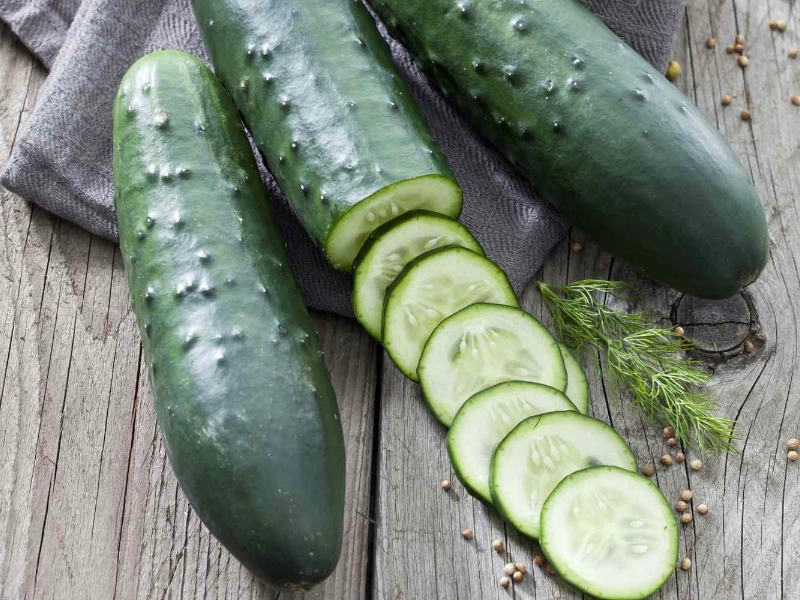
At 136 mg per cup, unpeeled, cucumbers are a great source of potassium, a heart-healthy mineral that balances the negative effects of sodium on blood pressure and the cardiovascular system. They also include flavonoids, triterpenes, and lignans, which have demonstrated anti-inflammatory qualities in lab dishes, as well as vitamin C (14 percent of the RDA).
A cup of raw cucumber has 0.62 milligrammes of iron, or roughly 3% of the adult recommended daily intake. Pregnant women benefit most from this quantity because they require high doses of iron to promote the development of their unborn child.
Cucumbers are a great source of vitamin C, a potent antioxidant that aids in healing and helps prevent cell damage, in addition to iron. In addition, it strengthens the immune system and promotes the growth of tendons, ligaments, muscles, and bones. The vitamin also helps the brain and nerve system operate normally. Oranges, strawberries, blackberries, blueberries, and other fruits and vegetables are just a few of the many fruits and vegetables that contain vitamin C.
2. It offers a good magnesium supply.
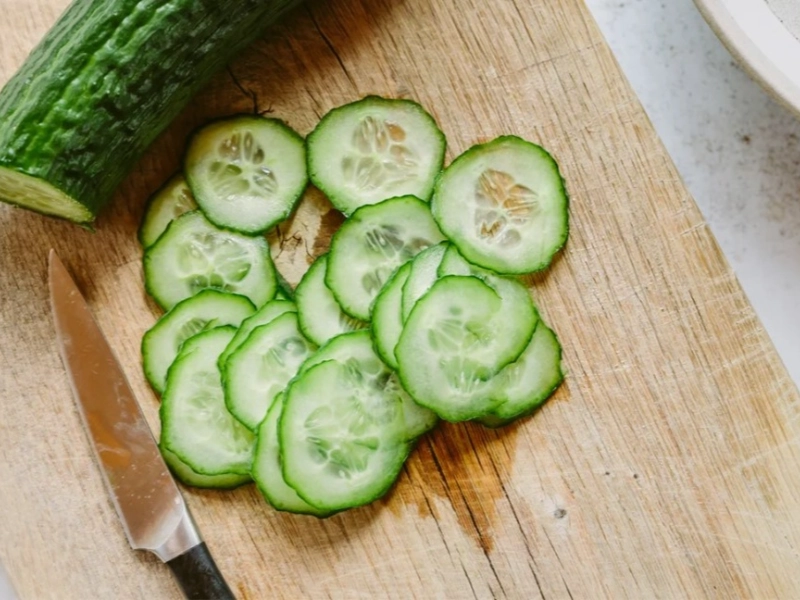
Magnesium, which is essential for cell division and the creation of new tissues, can be found in cucumbers. It also facilitates the body's phosphorus and calcium absorption. It also aids in lowering hypertension. Cucumbers also include high amounts of potassium and the vitamins C and K. Moreover, they provide folate, a B vitamin that may help reduce your chance of developing heart disease.
Cucumbers include cucurbitacins, a class of plant chemicals with anti-inflammatory and anti-cancer effects. They are also antioxidants, which aid in defending cells against harm caused by free radicals.
Iron deficiency can cause uniform pale green chlorosis of the newest leaves in cucumbers, which are sensitive to it. Foliar sprays of iron sulphate (150 g/L) can remedy this shortage in soilless cultures. Cucumbers with a manganese deficit often only have deficiencies in their roots and lower leaves, which can be remedied by applying a nutrient solution containing 0.3 ppm Mn. Small, reddish-brown dots emerge between the veins of older leaves as a sign of deficiency.
3. It offers a good calcium supply.
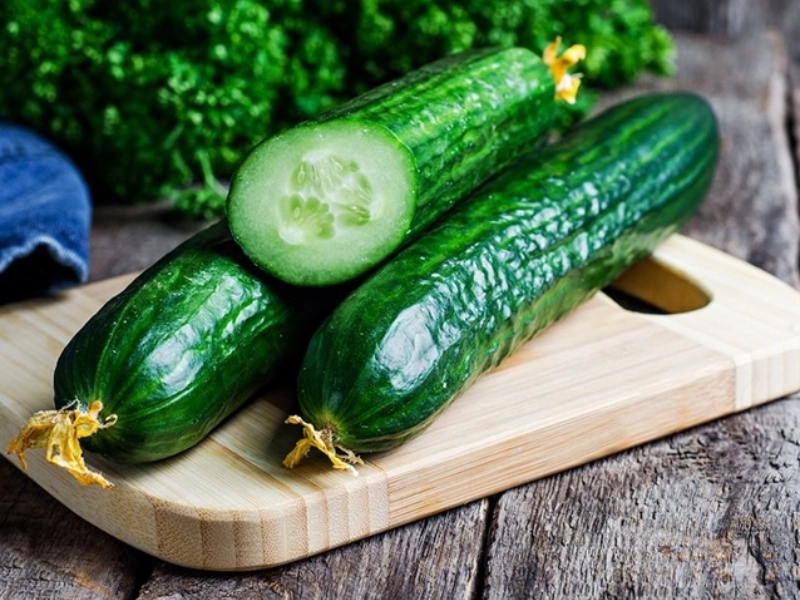
One cup of cucumbers offers almost 20% of the daily required amount of calcium, making them a rich source of the mineral. In addition, they have trace levels of phosphate and magnesium, potassium, and vitamin C. Cucumbers are low in fat, salt, and calories. They also include phytonutrients with anti-inflammatory, antioxidant, and other health advantages, like lignans and flavonoids.
They're a good source of iron as well. Heme iron, found in animal products, is the kind of iron that the body absorbs most readily; however, non-heme iron found in plants can also be absorbed when combined with diets high in vitamin C.
One cup of cucumbers contains almost 45% of the daily required amount of vitamin C. They also include lutein, zeaxanthin, folate, and vitamin A. They have a low fat, salt, and calorie content by nature. Additionally, they are an excellent source of phytonutrients like cucurbitacins, lignans, and flavonoids. They are thus a beneficial supplement to any diet.
4. It is an excellent iron source.
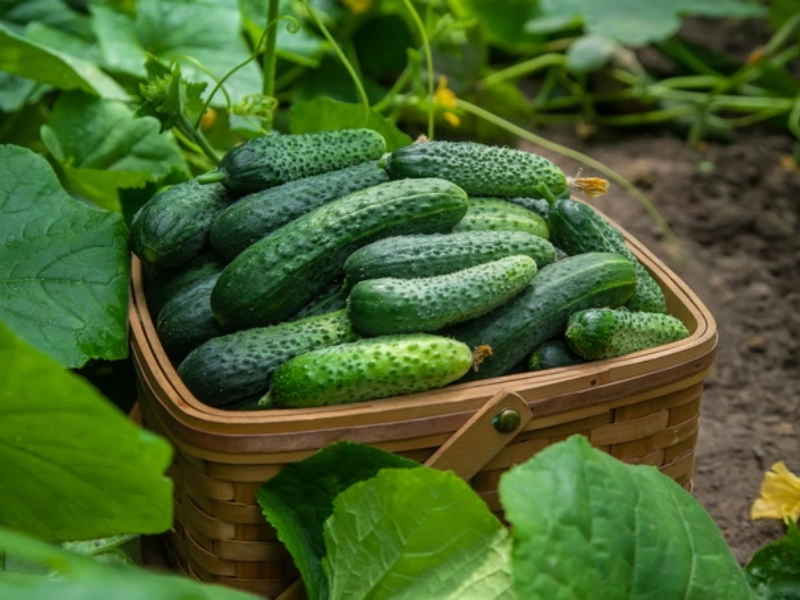
Cucumbers are an excellent source of various vitamins and minerals, including iron. They supply the body with vital nutrients required for optimal health and have a low calorie level. They also contain a lot of potassium, which is good for controlling heart rate and blood pressure. Moreover, cucumbers are a good source of silica, a trace mineral necessary for healthy bones and the development of connective tissue in the body.
They also include a good amount of vitamin C, which helps improve the way non-heme iron is absorbed from foods like cucumbers. For those who struggle to acquire enough iron in their diet, this is helpful.
There is proof that cucumbers were farmed for more than three millennia dating back to the ninth century in France, the fourteenth century in England, and the mid-sixteenth century in North America. It is thought that they came from Western Asia and were brought to Europe by the Romans. They are a widely consumed vegetable with numerous nutritional advantages.
Advertisement
Recommended Reading: Which Fruit is Best For Heart and Kidney Disease?
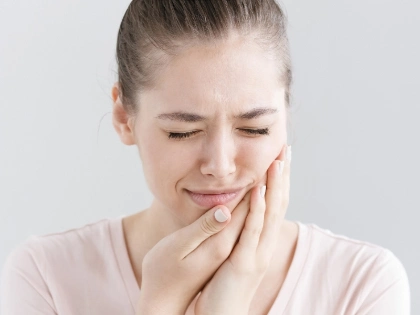

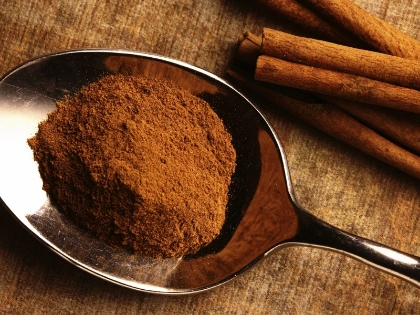

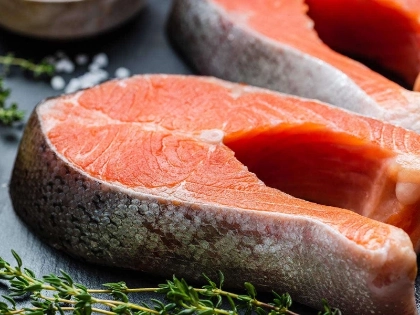


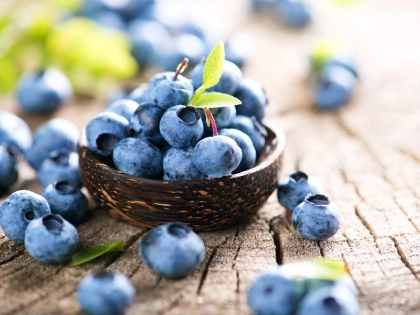





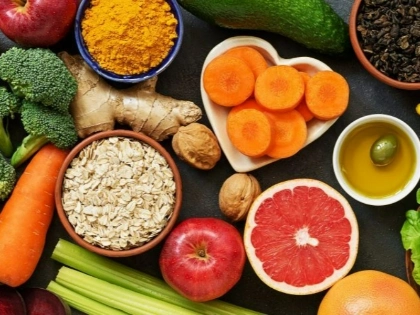
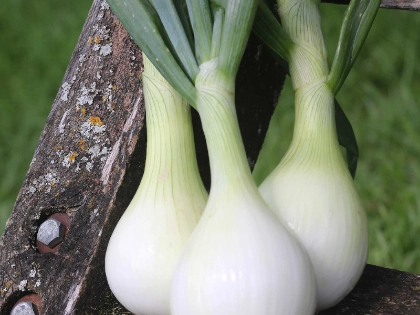

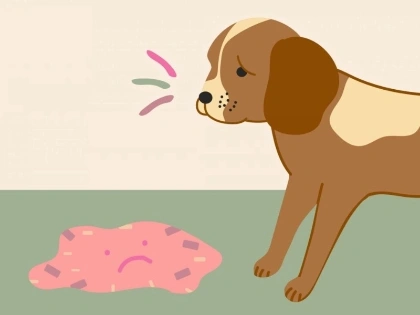
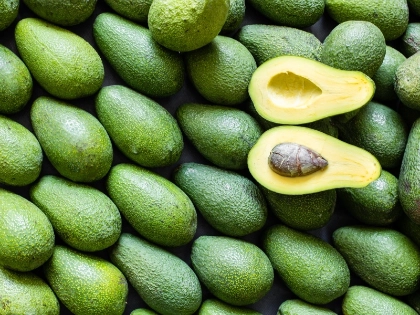


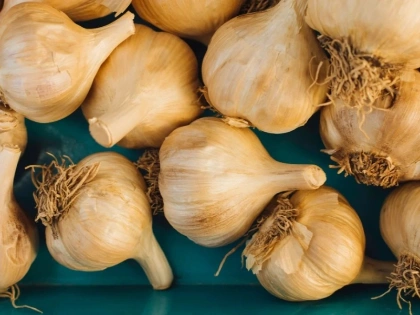



Comments
Leave a Comment
Your email address will not be published. Required fields are marked *